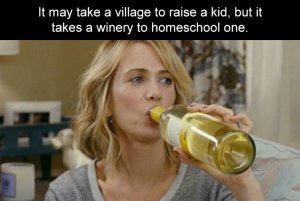Some expert views on all this:
Abstract
The article questions the normative universality of children's rights by considering the ideal definition of childhood implicit in the UN Convention on the Rights of the Child and other international law documents. It questions whether this definition has any universal purchase in light of different conceptions of childhood held across the world. The article distinguishes between rights that children have as human beings, and rights they are regarded as having by virtue of their age. The latter are regarded as problematic and the article illustrates this with examples that challenge the conception of childhood underlying the CRC. The article presents alternatives that may conflict with the assumptions underlying the CRC, and challenges the universal nature of the rights enshrined.
Additional information
Notes
This question could of course also be asked about adults, and further raises the question of what it means to be a child or to be an adult
to children themselves. In the case of children however, the question is presumed to be answerable, but answers are usually given
for children, rather than
by children.
V. Pupavac, ‘The Infantilization of the South and the UN Convention on the Rights of the Child’ in H.J. Steiner and P. Alston (eds),
International Human Rights in Context, 2 nd ed. (Oxford: Oxford University Press 2000), p.517.
The details of the centuries-old debate between choice and interest theory cannot be addressed in the context of this article, but for a detailed account of the many dimensions of what is at issue between them see M.H. Kramer, N.E. Simmonds, H. Steiner,
A Debate Over Rights (Oxford: Clarendon Press 1998).
https://www.tandfonline.com/doi/abs/10.1080/13642980500032370


